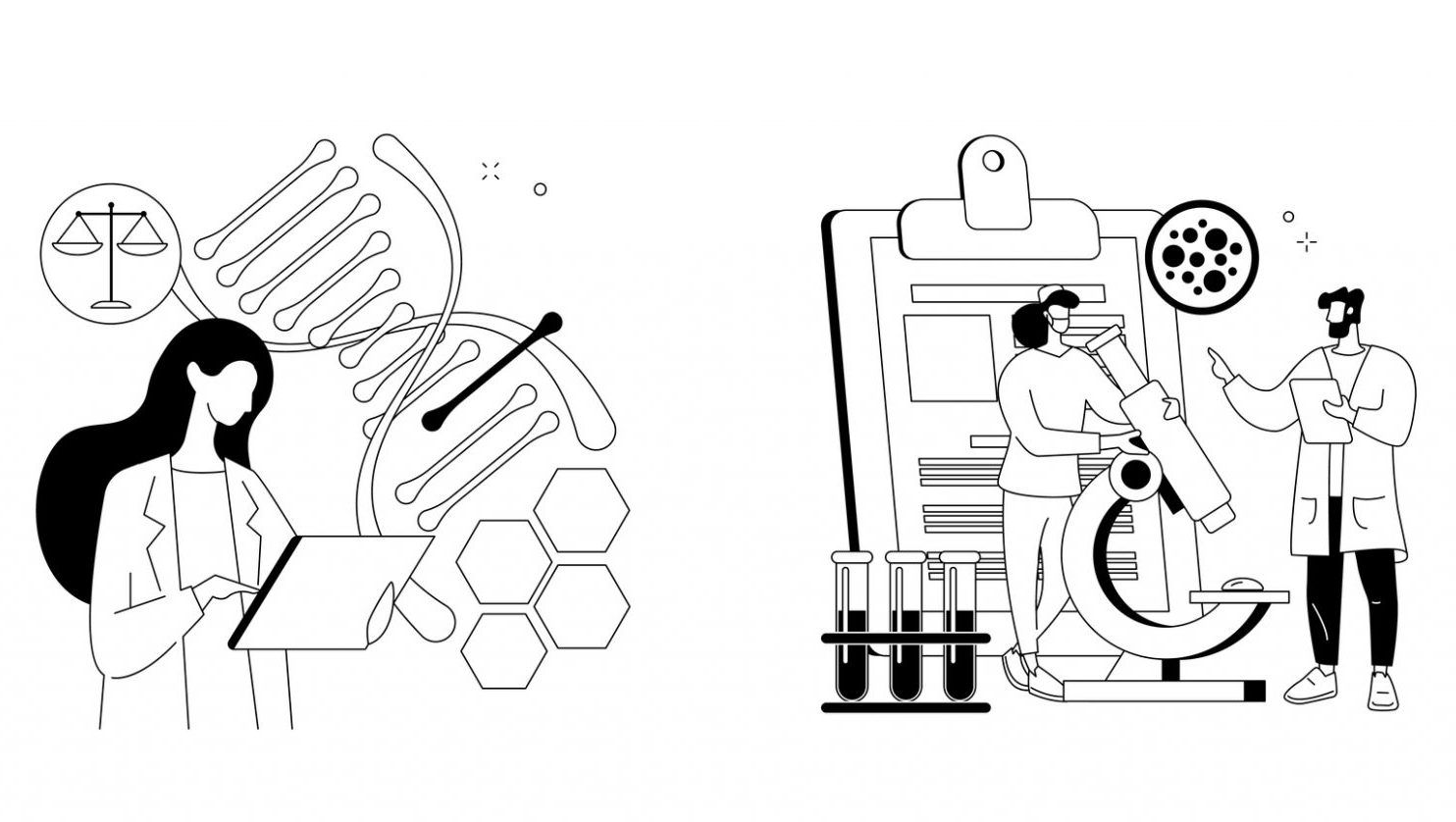machado: why do cancer patients have to jump through hoops to get life-saving medication?
why does someone with cancer in b.c not have to worry about paying out-of-pocket for life-saving treatments, but someone with the same cancer in ontario does?
'hope, optimism, a better quality of life': clinical trials save lives while moving science forward. here's how you can be a part of it
clinical trials help bring innovative treatments to those who need it most, saving lives, and
giving people a chance to play a role in advancing medicine.
canada's lethal 'postal code lottery': why won't ontario and the atlantic provinces fund life-saving take-home cancer drugs?
the cancertainty coalition wants fair and equal access to cancer drugs regardless of where you live.
 4 minute read
4 minute read









